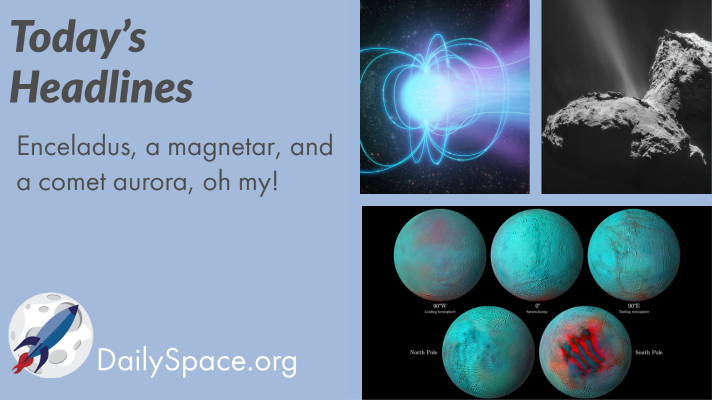
Sep 21, 2020 | Cassini, Comets, Daily Space, ESA, Neutron Stars / Pulsars, Saturn
Cassini data is still providing good science, and researchers recently found out that the northern hemisphere of Enceladus has fresh ice! Plus scientists directly measured the distance to a magnetar, and comet 67P/Churyumov-Gerasimenko has an aurora.
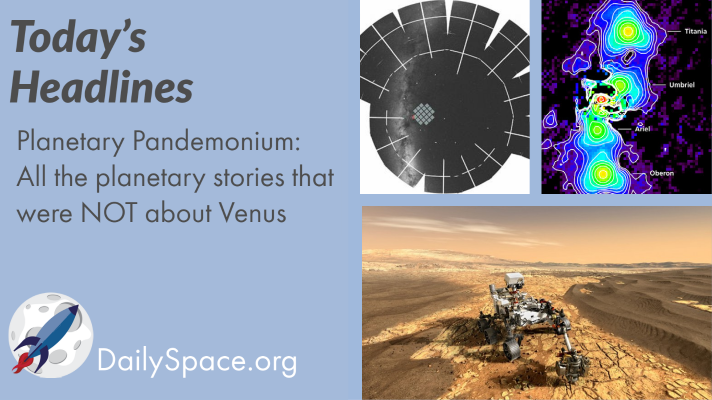
Sep 18, 2020 | Astrobiology, Daily Space, ESA, Exoplanets, Our Solar System, Perseverance, Planets, Uranus
While Venus has dominated the news cycle this week, scientists were publishing papers on other planets, both within our solar system and without. We look at a warm Jupiter orbiting a cool star, the composition of Uranus’ moons (save your jokes for the Q&A), and how life may be hard to detect on Mars. Plus Hubble has released a brand new image of Jupiter with Europa, and they are gorgeous.
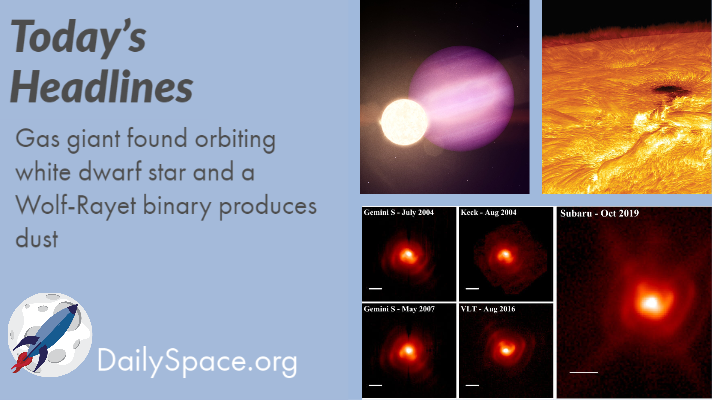
Sep 17, 2020 | Daily Space, Exoplanets, Gemini North, Guest Interview, Stars, The Sun, White Dwarfs
Join us today as we take a look at today’s top story – a planet has been found still in orbit around its white dwarf star even after a supernova. Then we discuss how a Wolf-Rayet binary system is a dust factory. Finally, new works show neutron stars are NOT producing all those heavy elements, the solar minimum is over, Plus special guest, Sara Seager from MIT.
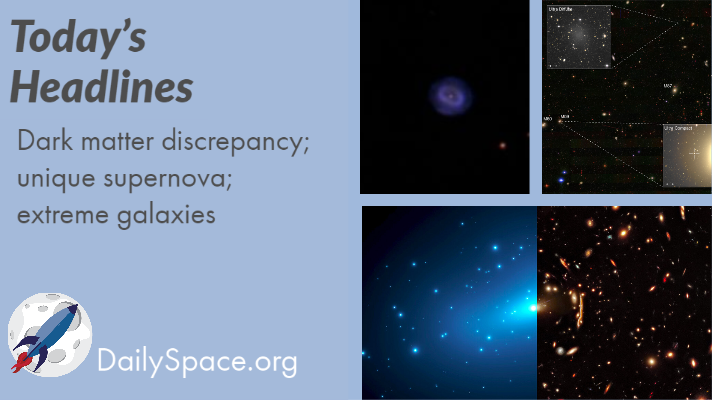
Sep 15, 2020 | Cosmology, Daily Space, Dark Matter, Galaxies, Guest Interview, Supernovae
Join us today as we look at how the Hubble Telescope may have solved the dark matter discrepancy. A research team has found a unique Type 1a supernova in the super-Chandrasekhar group of novae. Plus, all those extreme galaxies (large and small) seem to be in dense regions with a lot of interactions. Afterward, were joined by astrobiologist Dr. David Grinspoon to talk about his research into potential life on Venus.

Sep 15, 2020 | Astrobiology, Daily Space, Venus
Join us today as we continue our coverage of this morning’s big news that researchers at multiple institutions found the molecule phosphine in the clouds of Venus. While this news is not confirmation of life, it is an exciting possibility for further research.
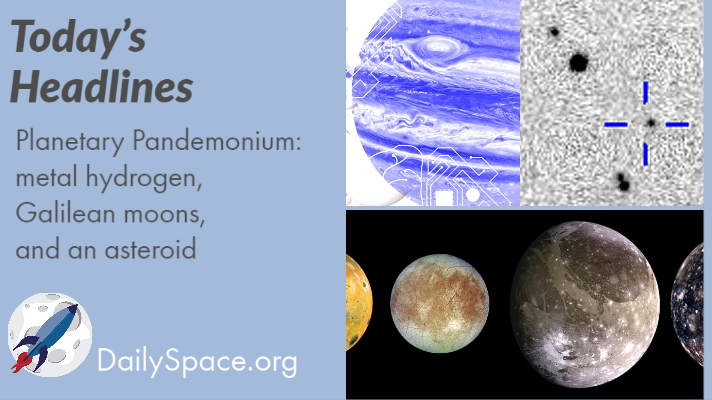
Sep 11, 2020 | Asteroids, Daily Space, Jupiter, Our Solar System, Planets
Join us for this week’s Planetary Pandemonium as host Beth Johnson covers some of the planetary science news for the week, including metal hydrogen (WHAT), Galilean moons (IO), and a newly discovered asteroid, courtesy of a citizen scientist (WOW). Plus an update on Arecibo Observatory.








 We record most shows live, on Twitch. Follow us today to get alerts when we go live.
We record most shows live, on Twitch. Follow us today to get alerts when we go live.